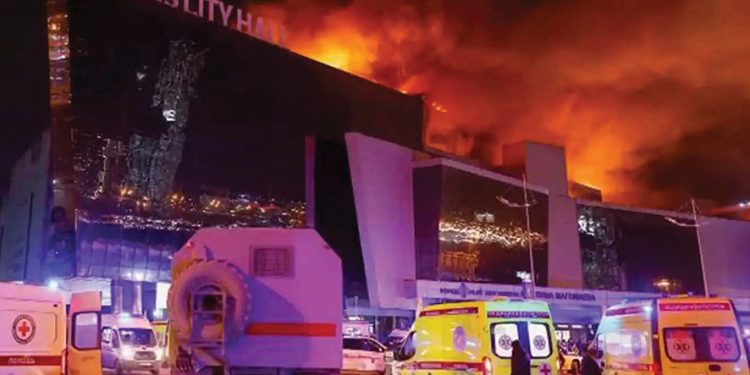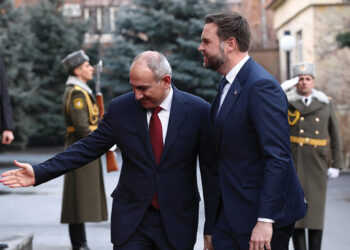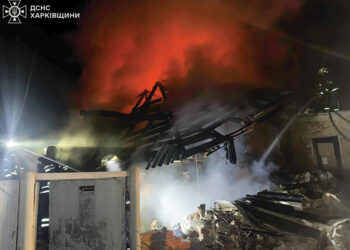Isn’t it interesting that what some of us tend to qualify as a terrorist act, those who we call terrorists consider as an expression of their spiritual will and protection of their habitual way of life and cause? The world remembers the March 22 terrorist attack at the Crocus City Hall concert arena in Krasnogorsk, near Moscow, perpetrated by Islamists of Tajik origin, which killed more than 130 innocent citizens of Russia and injured hundreds more. It was one of the worst terrorist attacks in Russia since the disastrous Beslan school siege in 2004. Instantly after the attack, ISIS claimed responsibility for the heavy casualty assault beyond its habitual zone of action in South Asia. It is presumed that the Islamic State Khorasan Province attacked Russia due to Moscow’s interaction with the Taliban and ceaseless involvement in anti-ISIS operations in Syria.
On June 16, there was another disturbance, organized by allegedly Islamist terrorists, in the Rostov penitentiary, where they took the convoy guards hostage.
The third deadly terrorist attack that took place in Russia happened less than a fortnight ago in the cities of Derbent and Makhachkala of the Dagestan Autonomous Republic, seeing Islamist terrorists vandalizing and setting a church and synagogue on fire, having murdered a clergyman. As a result of the confrontation between police and the extremist guerillas, the terrorists were annihilated on the spot, but at the same time, 21 other people died too, including policemen and civilians. Surprisingly, a son of a high-ranking Dagestani official was among the terrorists, now arrested, but the fact of his family’s complicity is far more mind-boggling than the case of his imprisonment.
Three Islamist terrorist attacks in Russia in the last three months! Statistically speaking, this is an alarming frequency! Yet, the Russians keep taking those terrorist punches, and, most worryingly, they can’t do much to stop the vicious assaults.
Incidentally, the Russian people refused to believe that Islam was behind all those attacks, looking for a scapegoat elsewhere, including in Ukraine. But such presumptions were farfetched, as, in reality, the Islamic State has set foot on Russian soil, and may well see Russia as a favorable venue for its further activity.
Nobody can say with confidence right now if the Russian state is at this time capable of successfully challenging the Islamic terror on its territory. Yet, a question arises: Why should Islam be Russia’s adversary at a time when Russia is confronting the West and is supporting Muslims everywhere, including the Palestinian cause? It seems ISIS loathes Russia’s negative attitude towards the creation of Islamic Caliphates and Vilayets, be it on Russian territory or elsewhere. When it comes to their cause, ISIS will not hold off from undertaking anything they think fit to serve it. Some Russian regions, like the Dagestan Republic, have unnoticeably turned into propitious sites for Muslim fundamentalism, where Islamic traditions and way of life are taking deep roots to influence the indigenous population and create favorable preconditions for achieving their cherished goals, apparently achievable only through terror.
As recently noted in the Russian press, observant experts have long been sending heads-up signals to the Kremlin that Islamic fundamentalism was gathering power in those regions, but the Russian government remained flagrantly nonchalant to the warnings- a grave mistake, although there might be a fair justification for that offhand attitude in the war in Ukraine and complete displacement of attention towards the West as it supports the Ukrainians in their conflict with Russia. It is not for us to judge the way the Russians are trying to solve their current problems, but reminding the world, including ourselves, of the situation in one of the most powerful nuclear nations of the world wouldn’t hurt. We have to be aware of what’s happening around us.
Op-Ed by Nugzar. B. Ruhadze














